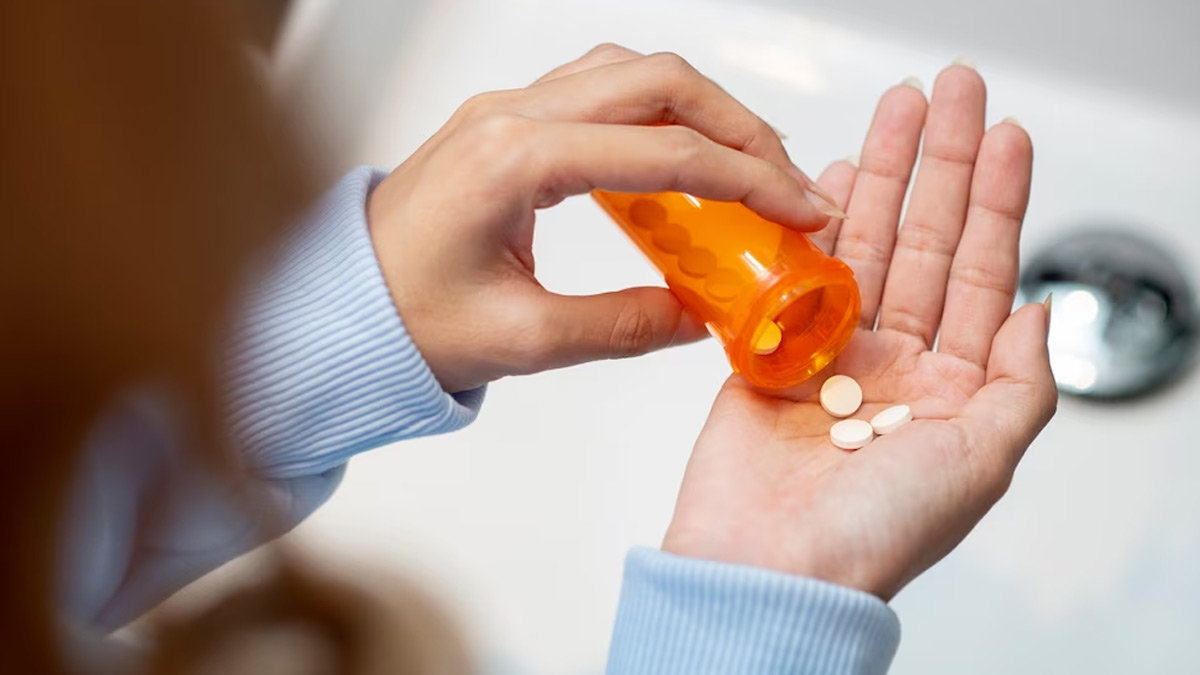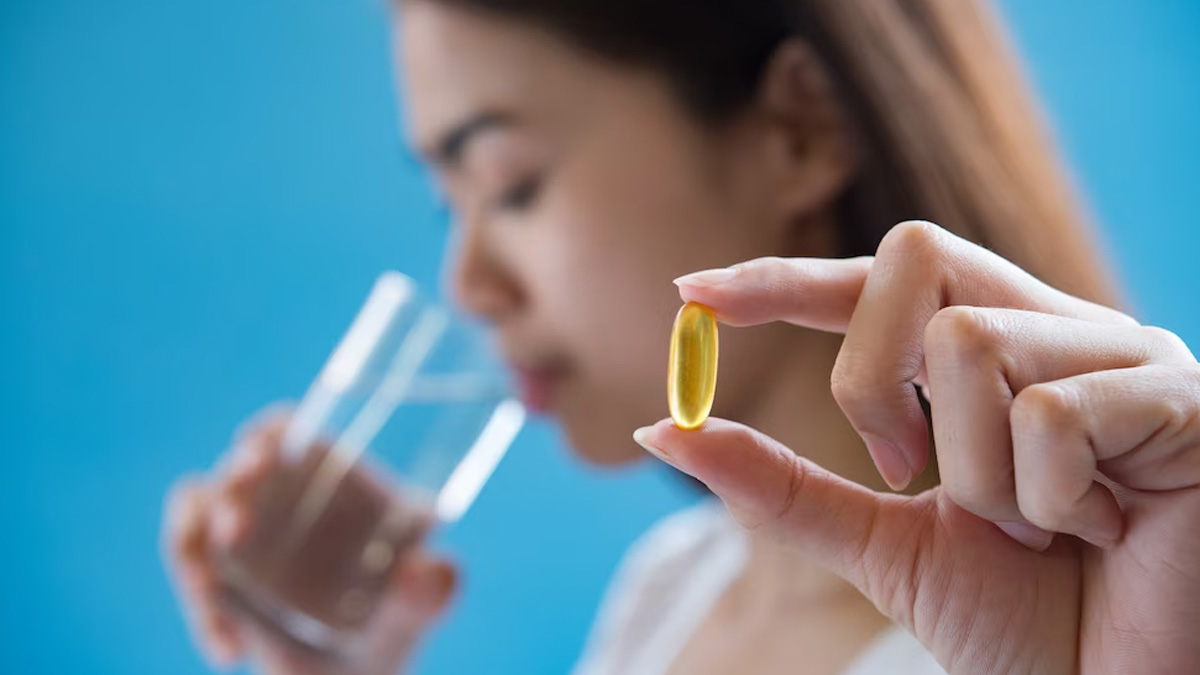
Vitamin D, known as the ‘sunshine vitamin,’ plays a critical role in bone health, immune function, and overall well-being. However, while it is essential for health, too much of a good thing can be harmful. Vitamin D toxicity, though rare, is a condition that arises from excessive intake of vitamin D supplements, leading to serious health complications. Here's what you need to know about vitamin D toxicity and how to recognise when it’s time to stop taking supplements.
Table of Content:-
What Is Vitamin D Toxicity
Vitamin D toxicity, also known as hypervitaminosis D, occurs when vitamin D levels in the body become excessively high, causing a buildup of calcium in the blood (hypercalcemia). This condition is almost exclusively caused by overuse of vitamin D supplements rather than excessive sun exposure or dietary intake.
Causes of Vitamin D Toxicity
According to our expert, Dr Bhumesh Tyagi, Consultant- General Medicine and Physician, Shardacare - Health City, the prime causes of vitamin D toxicity are:

1. Excessive Supplementation
Taking high doses of vitamin D over a prolonged period without medical supervision is the primary cause.
2. Misguided Beliefs
Some individuals take large doses, mistakenly believing that "more is better" when it comes to vitamins.
3. Medical Errors
Miscalculated doses prescribed by healthcare providers or errors in supplement labelling can also contribute.

Symptoms of Vitamin D Toxicity
Early recognition of symptoms is crucial to preventing long-term damage. Symptoms can range from mild to severe and may include:
- Digestive issues like nausea, vomiting, constipation, or diarrhoea.
- Neurological symptoms like fatigue, confusion, and irritability.
- Muscle and bone pain involves persistent aches and discomfort.
- Kidney problems
- Loss of appetite, excessive thirst, and irregular heart rhythms.
Safe Dosage Guidelines
The Recommended Dietary Allowance (RDA) for vitamin D varies by age and individual needs. Here is how our expert broke it down:
Adults (19-70 years): 600-800 IU (15-20 mcg) per day.
Adults over 70 years: 800 IU (20 mcg) per day.
Upper limit for most adults: 4,000 IU (100 mcg) per day.
“Doses exceeding these limits without medical supervision significantly increase the risk of toxicity,” Dr Singh highlighted.
Also Read: Do You Live At A Place With Low Sunlight? Here Are 5 Ways You Can Regulate Your Vitamin D Levels
When To Stop Or Adjust Vitamin D Supplements
Knowing when to stop or adjust vitamin D supplementation is critical for maintaining health. Consider the following:
- Regular testing of your vitamin D levels.
- If you witness symptoms of toxicity, discontinue use immediately
- Always follow the dosing recommendations provided by your doctor.
- Ensure you're not over-supplementing in addition to getting adequate vitamin D from natural sources
Bottomline
Vitamin D is vital for health, but moderation is key. Over-supplementation can lead to serious complications, including vitamin D toxicity. By understanding the symptoms, adhering to safe dosage guidelines, and consulting healthcare professionals, you can enjoy the benefits of vitamin D without risking your well-being. If in doubt, always err on the side of caution and prioritise regular health check-ups to stay on track.
Also watch this video
How we keep this article up to date:
We work with experts and keep a close eye on the latest in health and wellness. Whenever there is a new research or helpful information, we update our articles with accurate and useful advice.
Current Version